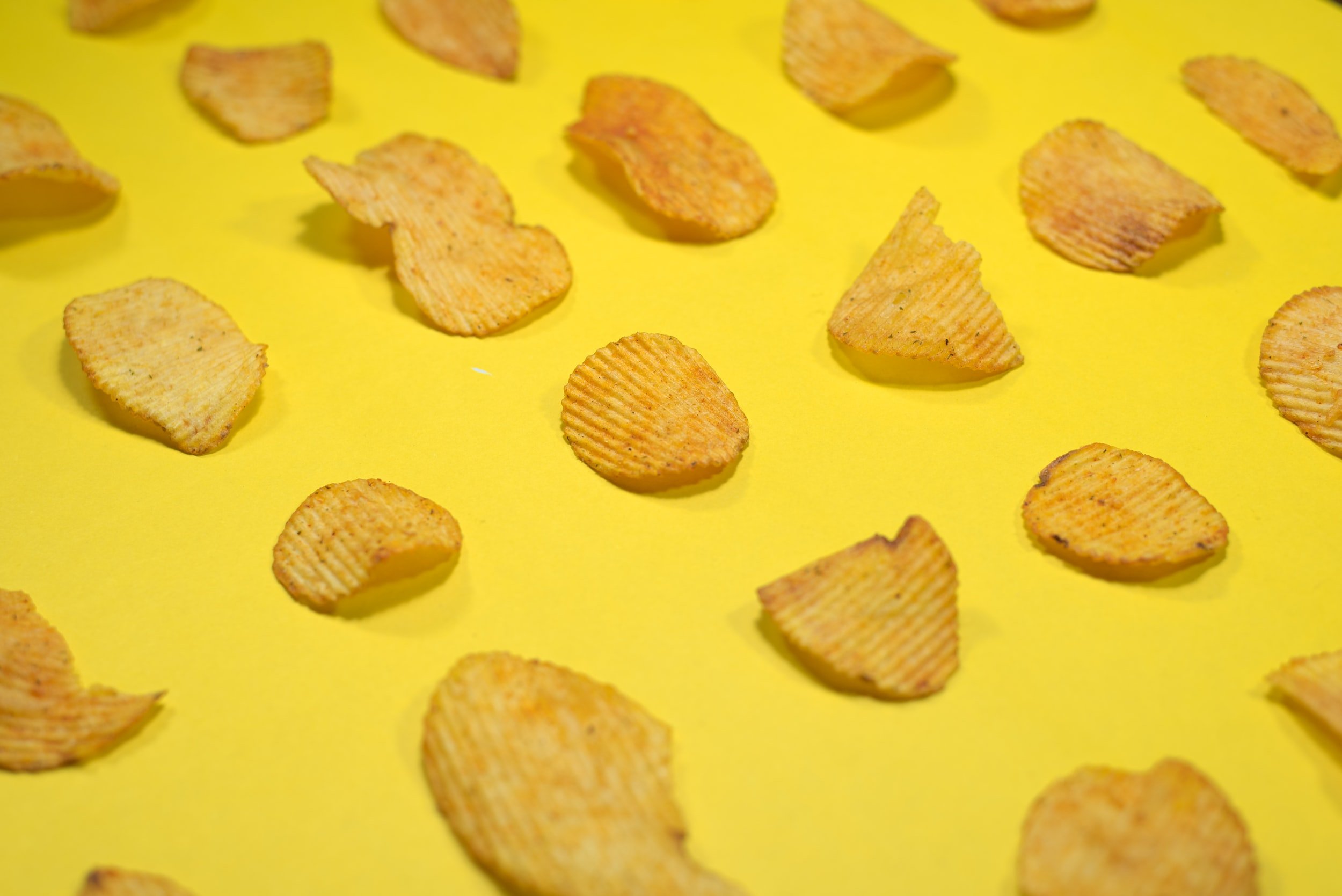How to Handle Food Cravings Part Two
By Ellie Steele, Registered Holistic Nutritionist, Advanced EFT Tapping Practitioner, Holistic Health Coach
If you missed part one of this series, check it out here…
It took me many years and a lot of learning to finally understand that just because I have difficulty controlling myself around food, it doesn’t mean I’m weak, or a failure. All it really means is that I have a pretty normal brain in an environment filled with high sugar, high fat, hyperpalatable (a.k.a super tasty) foods that humans didn’t evolve to handle. The truth is, our modern food environment has changed drastically in the last 100 years and some of us have brains that are more easily overwhelmed by the explosion of chemicals and neurotransmitters caused by these modern foods that act a lot like drugs or other addictive substances. We just aren’t evolved to handle Dairy Queen Blizzards and Turtles Cheesecake, it’s not our fault.
Some people insist that this is a form of addiction to food and it should be treated as such. I’m painfully aware that modern food has addictive qualities, in fact, food manufacturers spend billions of dollars in research and development to make them as addictive as possible. Despite that, I’m not inclined to pathologize a problem that’s really a result of a normal brain bombarded with modern foods. That’s why I prefer to refer to it as “hijacking” and I teach my clients about the causes of hijacking, how to get un-hijacked and how to prevent it in the first place. The way I see it, the biological, sociological and psychological elements that make one more susceptible to addictive tendencies are mechanisms in the hijacking process as well, so all of those need to be addressed to develop a brain that’s resistant to hijacking.
For those of us that are more prone to addictions of all kinds, food cravings might be considered the least harmful iteration. That’s little solace to those that have to constantly evoke willpower and push back against the impulse that’s almost constantly telling us to “EAT THAT FOOD”. Despite it impacting our health, our weight and our self-esteem, our choice of substance is likely the least damaging of all the vices we could struggle with and it’s also one of the least addictive. Sugar is bad, but heroin is worse, you get my drift, so I encourage my clients to breathe some self-compassion and relief into this problem as a first step. You can do this.
One very interesting thing to recognize is that those with less addictive wiring don’t have better willpower or self-control. In fact, recent research on willpower suggests that if a food craving arises for these folks, it’s generally milder, easier to resist and it doesn’t return. Basically, they say no once and they’re done. For those with near incessant cravings, resisting can be an all-day affair and by 4pm, we’re spent. It may help you to know that if you fit in this category, willpower researchers would agree that you likely have MORE willpower than less susceptible people, but you use it more often. You can think of willpower like your cellphone battery, it only has so much charge and once it’s drained, the brakes are off. Willpower isn’t the answer to overcoming food cravings.
But there’s hope. I don’t want to make it sound like there is a simple fix to this problem, because it takes effort to address those biological, sociological and psychological factors that contribute to susceptibility and while there are many things we can correct, some things, like our genetics, we just have to work with.
This is why my approach to food hijacking is multifaceted. It includes a fresh, whole foods diet with lots of protein, healthy fats, fiber and water. Sometimes I recommend that my clients try a brain and health reset and remove processed foods, sugar, grains, dairy, alcohol and unhealthy oils from their diet for a period of 30 days. Eating the right amount and type of calories and macronutrients without the hyperpalatable stuff that hijacks our brains can do wonders for cravings and health in general. In most cases, clients report that their cravings drop significantly within five days of adopting a whole-foods diet. Sometimes, starting with a diet that feels restrictive isn’t the right move and we need to start with EFT Tapping, some exercise and some supplementation to help build resilience and gradually transition the diet to a healthier one. Everyone is different, but my approach is to embrace the concept of “harm-reduction” rather than abstinence. I work with my clients to help them get to a place where they are eating extremely well 80% of the time and 20% of the time they can eat whatever they like and live their lives fully, but have the tools and knowledge to get themselves back on track even after their brain has been hijacked by hyperpalatable foods.
The EFT Tapping we use for tougher cases of food cravings and brain hijacking is much deeper than simply tapping on cravings. This work focuses on the root causes of our overzealous craving mechanism, which could range from childhood conditioning that food is love, turning to food to minimize pain of any kind, turning to food to celebrate or rebel, food scarcity in our history or ancestry or even feeling that we need to carry extra weight as a form of protection. There are many deep and personal reasons that we develop a relationship to food that doesn’t serve us. You can unpack it and heal it, one issue at a time.
You can get started by trying my Ten Steps to Getting Unhijacked and let me know if you get stuck!

